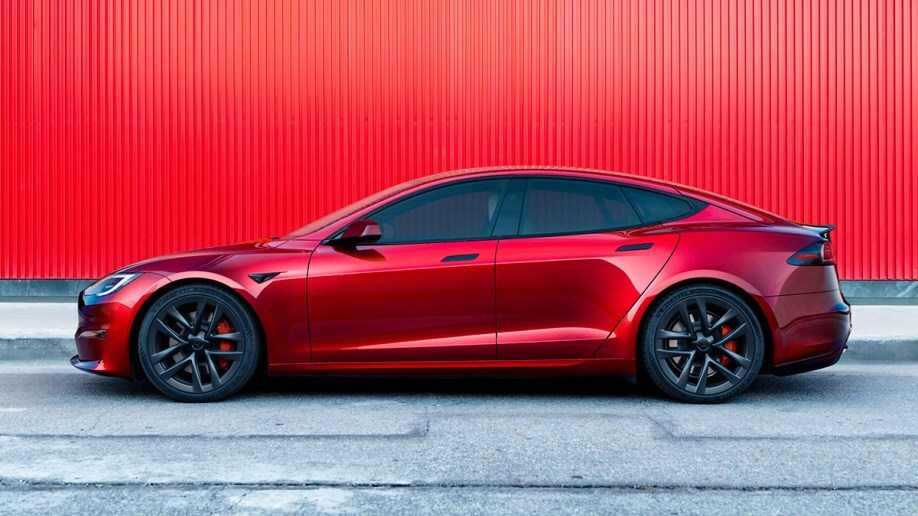
The move is not unusual – many automakers’ finance arms now offer 84-month loan terms. But it is new for Tesla.
On a recent earnings call, CEO Elon Musk told investors, “When interest rates rise dramatically, we actually have to reduce the price of the car because the interest payments increase the price of the car. So, we have to do something about that.”
This year, Tesla has repeatedly cut prices on its biggest sellers, the Model Y SUV and Model 3 sedan.
The moves have worked in one sense but troubled investors in others.
Model Y registrations in the U.S. doubled in the first quarter of 2023, and a sales surge in China saw the SUV become the planet’s best-selling vehicle.
But Musk has been blunt that he is reducing the company’s profit from each sale to get as many Tesla vehicles on the road as possible. He hopes to make up the difference over time by selling software subscriptions inside the cars. He’s not alone. Many automakers plan to sell subscriptions to car features for monthly fees soon.
Tesla’s firm grip on the growing electric vehicle (EV) market is slipping as more competitors introduce electric cars. The company’s share of the American EV market fell below 60% for the first time last quarter.
It’s growing challenging to qualify for a car loan at all. May was the worst month for credit applications in more than two years, though conditions improved marginally in June. A recent Federal Reserve report showed that more Americans are being turned down for new car loans than ever.
This fall, the credit market faces an additional challenge as a long government-ordered pause in student loan payments, triggered by the COVID-19 crisis, ends. That will leave millions of borrowers with an additional monthly payment they’ve grown accustomed to skipping.
Longer loan terms help bring down monthly payments but leave borrowers paying more interest in the long run.







